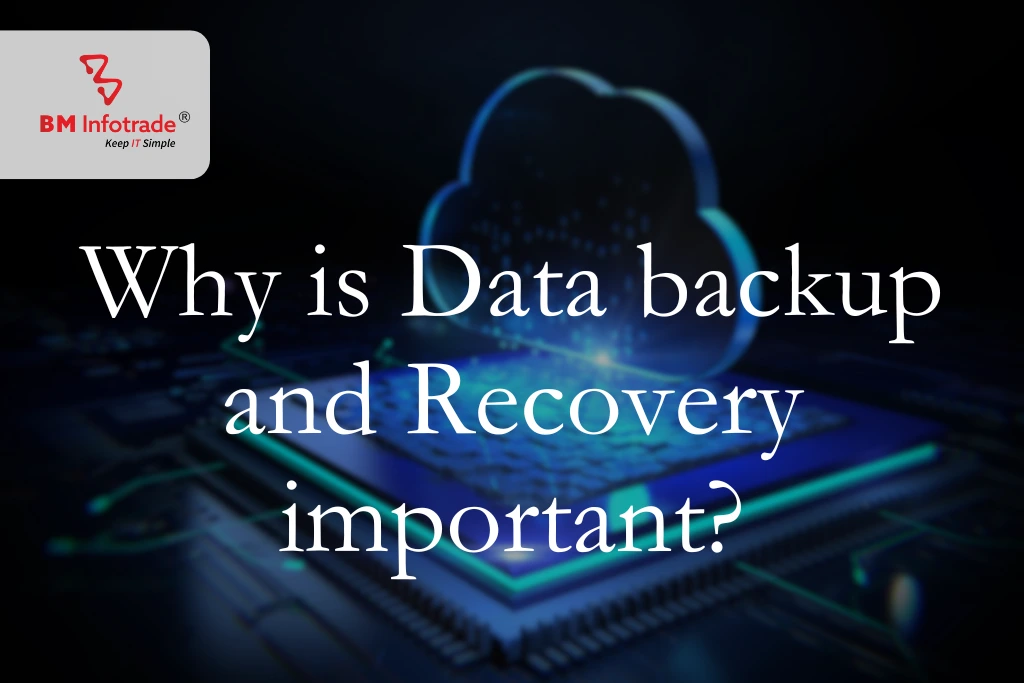Why is database security important?
Because confidentiality is one of the elements most susceptible to database security breaches, this tutorial will focus on it.

Why is database security important?
Table of Contents
Confidentiality, integrity, and accessibility are all protected by a variety of controls, tools, and procedures that are used to secure databases. Because confidentiality is one of the elements most susceptible to database security breaches, this tutorial will focus on it.
The following components of database security must be covered and protected:
The data-containing database. Applications that are related to it, including database management systems (DBMS).Physical database servers, virtual database servers, and the computer hardware that powers them. The network or computing infrastructure that is utilized to establish a connection to the database.
Database security is a difficult task that requires the use of all security practices and technologies. This directly conflicts with databases' open access. We are more vulnerable to security threats the more usable and accessible the database is. Accessing and using it becomes more challenging the more vulnerable it is to threats and attacks.
Why is the Security of Databases Important?
A database's data integrity being violated is referred to as a data breach, according to the definition. The extent of harm a data breach or other incident can do to our company depends on a number of outcomes or factors.
Infringed-upon intellectual property: Our ability to maintain a competitive advantage in our industry may depend on our intellectual property, including trade secrets, inventions, and proprietary methods. It might be challenging to maintain or regain our competitive advantage if our intellectual property has been stolen or disclosed. The idea of business continuity, or the lack, Some companies are unable to operate until a breach has been fixed.
Read more:- Databases in the Digital Era: How They Power Business & Technology
How can DBMS data security be achieved?

Data security in a DBMS can be achieved in a variety of ways. The following are some of the most popular techniques: -
Encryption, where data is transformed into a code that can only be decoded by authorized users. It is practically impossible for unauthorized users to access the data, making it one of the most effective methods of data protection.
Access control: in this case, users are only permitted to view and modify the data they actually need. Roles and permissions that the administrator can create will allow for this.
Backups: these are copies of the data that are made and kept in a different location.
Disaster recovery is the process of setting up a plan so that, in the event that the worst happens and the data is lost or corrupted, it can be recovered from a backup and the system can be quickly restored to operation.
Why are data security issues crucial for DBMS?
Any database management system (DBMS) must prioritize data security because it helps safeguard data against unauthorized access and modification. Only authorized users should have access to data, and any unauthorized changes should be stopped or discovered with the aid of a well-designed DBMS. A DBMS can also aid in defending data against unintentional deterioration or destruction.
Data security is vulnerable to a variety of dangers, from innocent errors to malicious assaults. A strong and efficient security system must be in place in order to guard against these threats. As new threats materialize, this system should be regularly reviewed and updated to reflect the organization's unique requirements.
Additionally, organizations need to have a clear policy regarding who can access what data and how it should be used. The security system should enforce this policy, and it should be regularly reviewed and updated as necessary.
Any organization that uses databases to store information must take data security into account. Organizations can help to safeguard themselves against a variety of potential risks by taking measures to ensure that data is properly secured.
Read more:- Database Management System: Types, Advantages, tools, and examples.
Conclusion
There are many reasons why data security is crucial in DBMS. In the beginning, it assists in preventing unauthorized access to the data. Assuring the data's integrity is its second benefit. Third, it aids in making the data accessible. Fourth, it aids in thwarting DoS attacks. Fifth, by lessening network traffic and disk I/O operations, it helps to increase performance. Last but not least, it can assist you in adhering to compliance standards.







Anshul Goyal
Group BDM at B M Infotrade | 11+ years Experience | Business Consultancy | Providing solutions in Cyber Security, Data Analytics, Cloud Computing, Digitization, Data and AI | IT Sales Leader